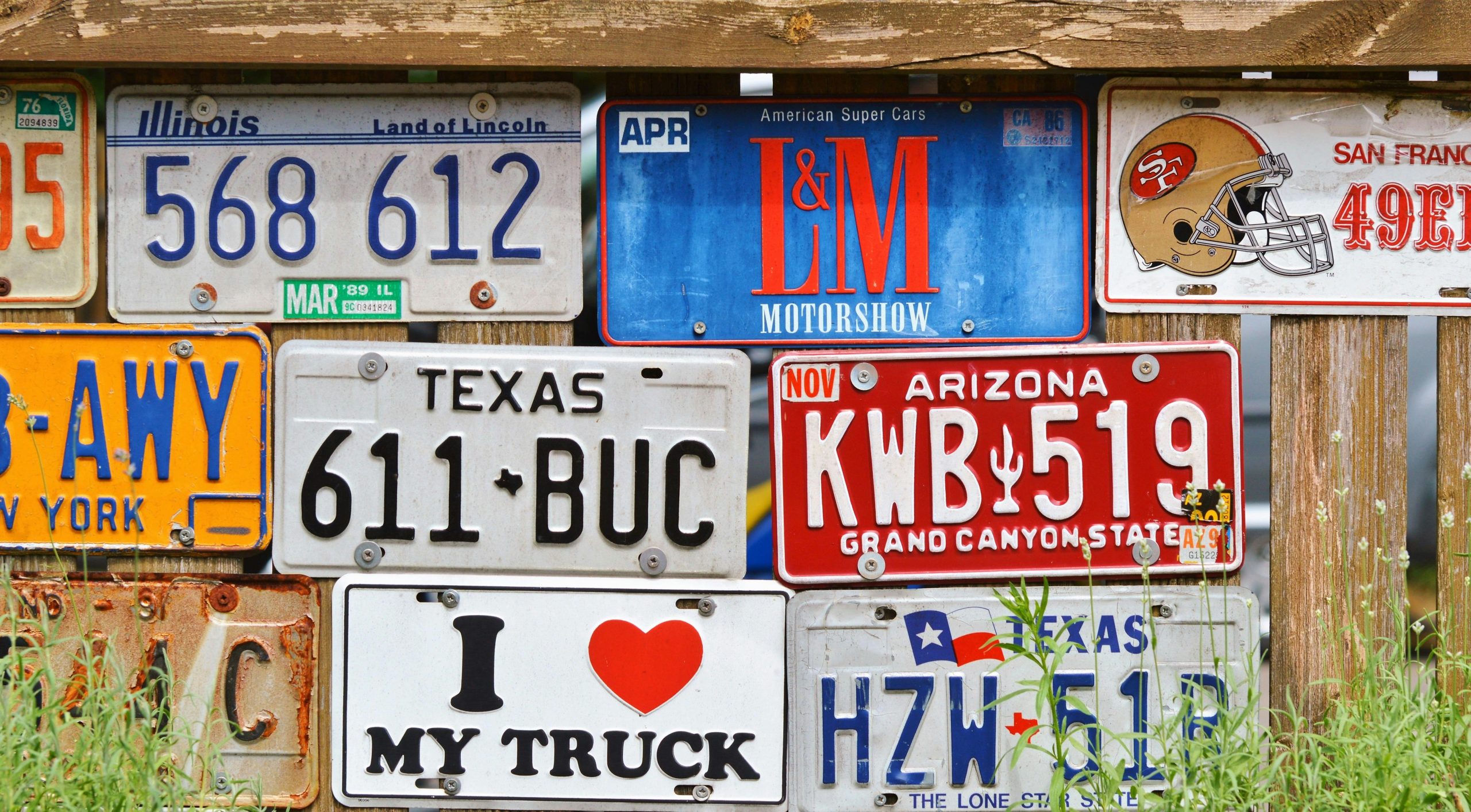Navigating Licensing Requirements for Small Dinghies on Regent’s Canal
If you’ve recently acquired a small dinghy with the intention of relaxing and enjoying leisure time on Regent’s Canal, you might be wondering whether a license is necessary. Many boat enthusiasts and casual paddlers alike are curious about the legal requirements surrounding the use of small vessels like dinghies in UK waterways.
Understanding the Regulations for Canal Usage
In the UK, waterway regulations are managed by different authorities, and licensing requirements can vary depending on the type of craft and the specific waterway. For Regent’s Canal, which is part of the Grand Union Canal network, the key considerations are the vessel’s size, its intended use, and the specific rules of the waterways authorities.
Do Small Dinghies Require a License?
Generally, if your dinghy is small and used solely for leisure—such as relaxing or socializing—without engaging in motorized travel or commercial activity, the licensing requirements may be minimal. However, if your vessel is powered by a motor or designed to be self-propelled, you might need to register it and obtain appropriate permissions.
Specifically, in the case of unpowered dinghies intended for recreational use, some waterways do not require a license. However, the rules can vary, and in certain areas, like Regent’s Canal, the licensing and usage regulations might differ slightly depending on the local management authority.
Practical Recommendations
-
Check with Local Authorities: The best course of action is to consult the Canal & River Trust, which manages many UK waterways, including parts of Regent’s Canal. They can provide precise guidance regarding licensing, permitted vessel types, and any specific restrictions.
-
Usage Considerations: Since your primary aim is to relax and stay close to the bank without extensive travel, your dinghy is unlikely to pose issues, especially if it’s unmotorized and used responsibly.
-
Cost Efficiency: If licensing is required, be sure to evaluate the associated costs against your leisure plans. Sometimes, a short-term license or permit may be sufficient and more affordable compared to full licensing schemes.
Has Anyone Been in a Similar Situation?
Many casual canal users and dinghy owners have navigated these questions before. While some have successfully enjoyed their vessel without formal licensing, it’s always safest to adhere to local regulations to avoid potential fines or complications.
Final Thoughts
Enjoying a relaxing time on Regent’s Canal with a small dinghy is a popular


Great informative post! As a London resident and frequent Regent’s Canal user, I’d like to add a few insights from my experience.
Second, if your dinghy is unpowered, you’re generally in a good position, but always ensure it’s marked with your contact information in case of emergencies. Also, consider safety gear such as life jackets, especially if you plan to paddle alone or in areas with boat traffic.
Lastly, participating in local boating or paddling groups can be hugely helpful. They often share tips on regulations, best launching spots, and practical advice on enjoying the waterways responsibly. Engaging with these communities adds a social element to your leisure time and helps keep everyone safe and compliant.
Enjoy your dinghy adventures on Regent’s Canal, and happy paddling!
Helpful Insights for Regent’s Canal Dinghy Use
As a local resident who often enjoys the serene views and leisurely paddles along Regent’s Canal, I wanted to share some practical points based on my experience and knowledge of the area. It’s great to see interest in making the most of our beautiful waterways responsibly.
Firstly, while small, unpowered dinghies used for leisure are generally less regulated, it’s crucial to check the latest guidance from the Canal & River Trust or your local waterway authority before setting out. Regulations can change, and local policies may differ slightly, especially on more managed sections of the canal.
Here are a few tips:
Understanding the local rules not only helps you stay compliant but enhances the enjoyment and safety of your leisure activities